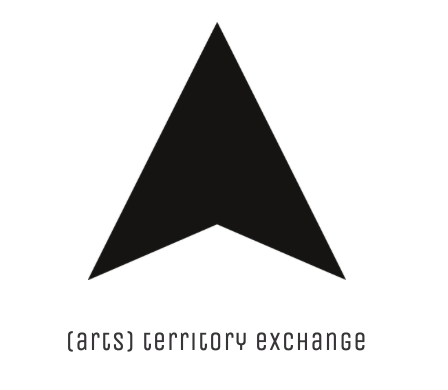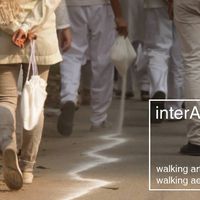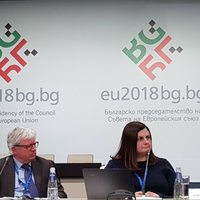The Arts Territory Exchange

The Arts Territory Exchange (aTE) is an arts-organisation interested in ideas of distance, connectivity and remoteness.
Creating a vast global network of connected topographies and reaching to the worlds most isolated places, aTE facilitates collaboration between artists in remote and wilderness locations such as islands, deserts, refugee camps, small communities or for those that feel themselves to be ‘remote’ in other ways. Artists are invited to exchange materials exploring ideas of territory, locality and place; documents from their postal/digital exchanges become part of an interactive living archive and evolving resource to be consumable by a global audience. aTE also hosts events, bringing together exchange participants and helping them to realise their collaborations in the form of exhibitions, lectures, publications, ‘face to face’ and virtual residencies.
The Arts Territory Exchange (aTE) is comprised of a global network of artists and art practices which respond to the geography of their territory of production. Beginning with a simple correspondence programme in which artists are paired up to exchange works and ideas, aTE exists to both germinate otherwise impossible dialogue between remote and disconnected practices and to bring to an audience a global artwork in the form of an accumulating library of artefacts and debate.
aTE accepts applications from artists and writers wanting to begin collaborations and dialogue with counterparts around the world; these artists are paired up by the programme in creative partnerships according to their location and the preoccupations in their work’s examination of spacial territory. The programme is particularly interested in forming partnerships between artists who are or have become disconnected from the resources (such as academic institutions, audiences, debate and critique) that often stimulate practice, and in addressing the remoteness—be it due to geography, rural isolation, disability, refugee status, economic disadvantage, parenthood, displacement or disenfranchisement of any kind—that may be a barrier to the conversation and dialogue that nourishes artistic practice. These exchanges and correspondences generate archives of collaborative work which realise them selves as exhibitions, publications, talks, life long collaborations or ephemeral experiments.
aTE is also interested in ideas around artist travel cultures and the question ‘should I travel or not for my practice?’ and provides a space for research into alternative artist residency models, tech-intimacies and the ethics of non-travel.
Similar content
17 Sep 2021
deadline
13 Sep 2020
deadline
10 May 2020
posted on
19 Feb 2020
deadline
15 Mar 2021






